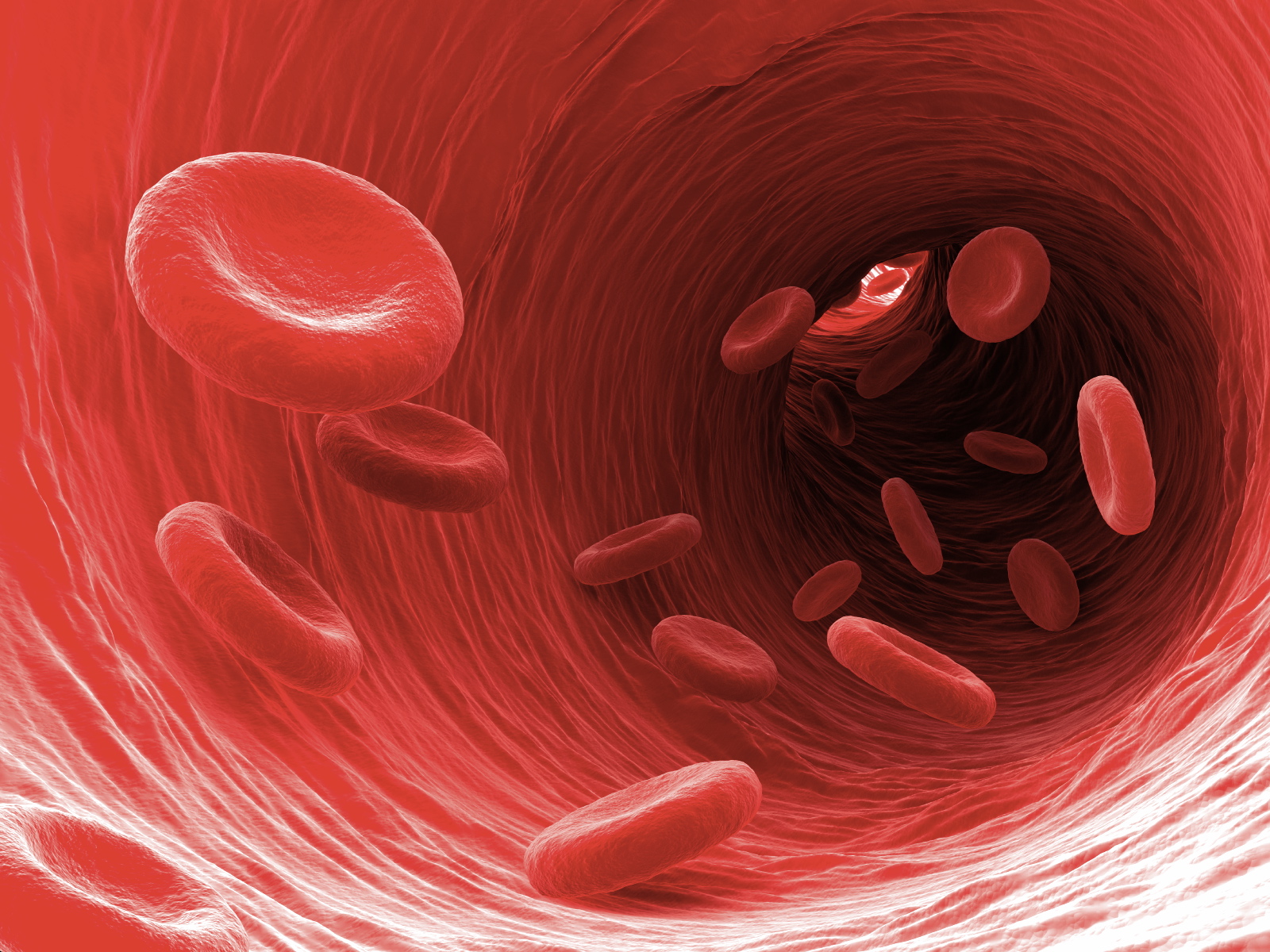
Australian scientists have demonstrated a new way to restore insulin production in pancreatic cells, using a drug that’s already approved for use in humans. The study could mark a major breakthrough towards new treatments for diabetes. Blood glucose levels are managed by the hormone insulin, which is produced in beta cells in the pancreas.
These cells begin to die off in patients with type 1 diabetes, resulting in little or no insulin production and a lifelong requirement for supplementary insulin shots to manage the disease.
In a new study, researchers from Monash University have identified a new way to restore insulin production in the pancreas.
In lab experiments on pancreatic stem cells from donors with type 1 diabetes, the team was able to activate them to begin expressing insulin by exposing them to a drug compound known as GSK126.
Intriguingly, these progenitor cells don’t normally produce insulin, but the drug let them functionally step into the shoes of the beta cells that had stopped working.
In principle, a single course of this kind of drug over a few days could replace the need for regular insulin shots in diabetics.
Other teams have converted skin cells into stem cells and used those to produce new beta cells, and although results have been promising in mice, immune-suppressing drugs need to be given to prevent rejection.
These experiments were conducted on cells in culture – not even in animals yet – so there’s still plenty of work to do.
